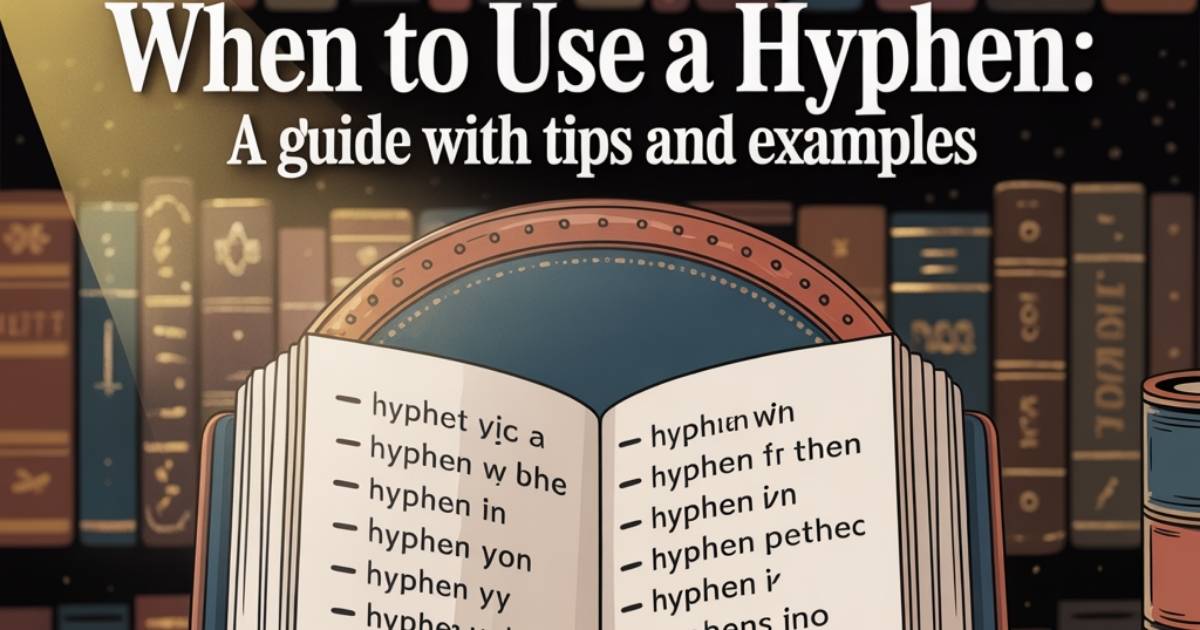Hyphens are often misunderstood, yet they play a crucial role in clarifying meaning in writing. Knowing when to use a hyphen can enhance readability, prevent confusion, and ensure proper grammar. Whether it’s for compound modifiers, numbers, or fractions, understanding when to use a hyphen helps create clear and effective sentences. The rules might seem tricky at first, but once you know when to use a hyphen, your writing will become more precise and professional. Let’s explore the key guidelines on when to use a hyphen to improve your writing.
Why Do Hyphens Confuse People?
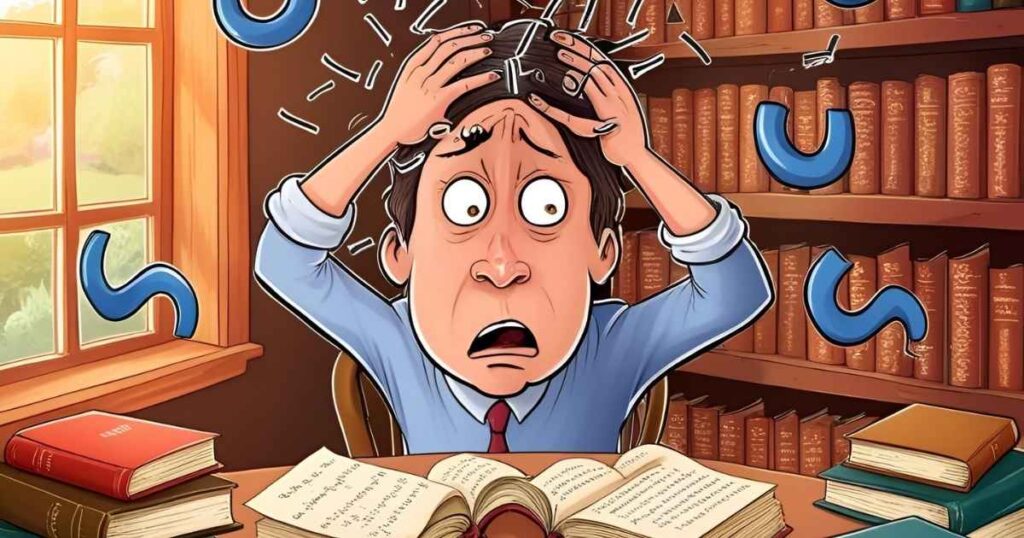
Hyphens often confuse people because the rules around them aren’t always clear. Sometimes, the difference between a hyphen and a dash can be hard to spot. People also struggle because different style guides, like APA or Chicago, have varying rules. For example, a compound modifier may require a hyphen in one style but not in another. Additionally, some words change over time, with new compound nouns and terms emerging that sometimes require a hyphen, and other times don’t. A common example of this confusion is “well-known”.
It’s hyphenated when it modifies a noun, like in “a well-known artist,” but it’s not hyphenated when it appears after a noun, like in “The artist is well known.”Many times, misused hyphens can lead to misunderstandings. For instance, “small-town charm” and “small town charm” might seem like the same thing, but the first suggests the charm of a small town, while the second could imply that something is small and charming, which changes the meaning. This is why knowing when to use a hyphen is so important.
Read Also: http://What’s the Past Tense of Cost: Is It Cost or Costed?
What is a Hyphen?
A hyphen ( – ) is a punctuation mark used to join words together or to split a word at the end of a line. It differs from a dash (–) or an en dash (,), which are used in different contexts, like connecting ranges (e.g., 1999–2016). The main job of a hyphen is to link two words or parts of words that are related in meaning, helping the reader understand how the words fit together.
Hyphens help clarify meaning in compound nouns like “mother-in-law” and “part-time.” They are also used in some numbers, such as “twenty-one” or “three-to-four.” Without the hyphen, these words could be confusing or unclear.
When to Use a Hyphen
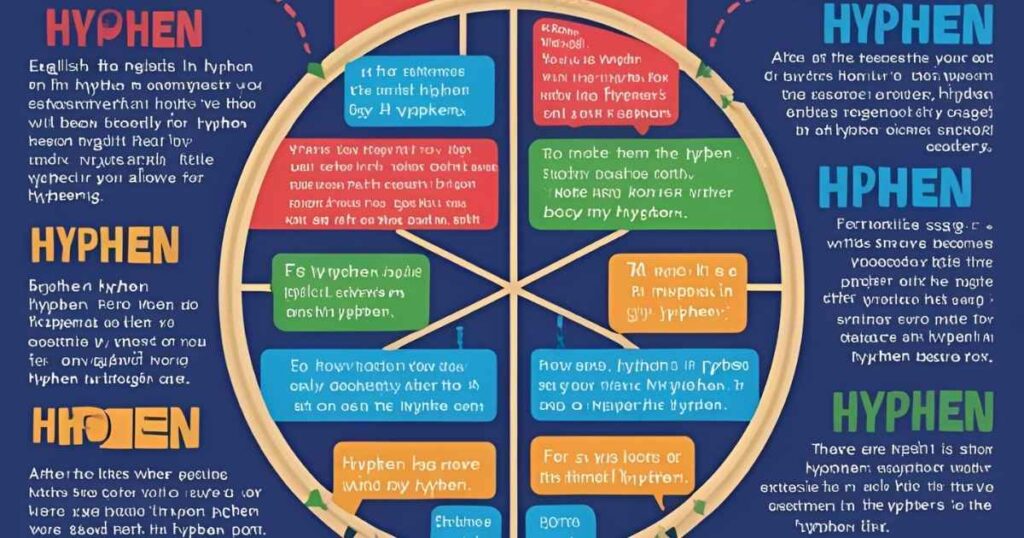
Knowing when to use a hyphen can help your writing become more readable and precise. Here are some general guidelines to keep in mind. First, when you’re combining compound modifiers before a noun, a hyphen is typically required. For example, “high-speed” in “high-speed train” or “well-known” in “well-known artist.” However, if the modifier comes after the noun, the hyphen is usually not needed, as in “The artist is well known.”
Another key rule for hyphenation is when dealing with compound numbers, such as “twenty-one” or “forty-three”. When writing numbers between 21 and 99, always hyphenate them. Additionally, when you are using fractions written out in words, you should use a hyphen. For example, “one-half” or “five-and-one-half” are both correct.
Compound Modifiers Before Nouns
One of the most common uses of a hyphen is when compound modifiers appear before a noun. A compound modifier is a group of words that work together to describe a noun. For example, when we say “high-speed train,” the words “high” and “speed” are connected to form a single idea , the train is high in speed. Therefore, they should be hyphenated. Similarly, “family-owned business” or “well-known artist” use hyphens to make the meaning clearer.
When a compound modifier follows the noun, the hyphen is often unnecessary. For example, in “The train is high speed,” there’s no need for a hyphen. The same goes for “The artist is well known.”
Compound Words
Another area where hyphens are important is with compound words. A compound word is formed by combining two or more words to create a new meaning. Some compound words are written as one word, like “apartment” or “mailbox,” while others are hyphenated, like “part-time” or “mother-in-law.”
Sometimes, new compound words can be created over time. For instance, terms like “latex-free” or “phthalate-free” are hyphenated to ensure clarity. Compound nouns like “no-meter” or “video-games” are also hyphenated to avoid confusion and make sure the meaning is clear.
Numbers and Fractions
Hyphenation is required in several cases involving numbers and fractions. When you write out numbers between 21 and 99, you should always hyphenate them. For example, “twenty-one” and “ninety-nine” are correct. Similarly, when you write out fractions in word form, they should be hyphenated as well. For example, “one-third” and “five-and-one-half” are both correct.
However, when writing numbers in numeric form, like “5” or “100,” no hyphen is necessary. The hyphen only appears when the number is spelled out.
Prefixes and Suffixes
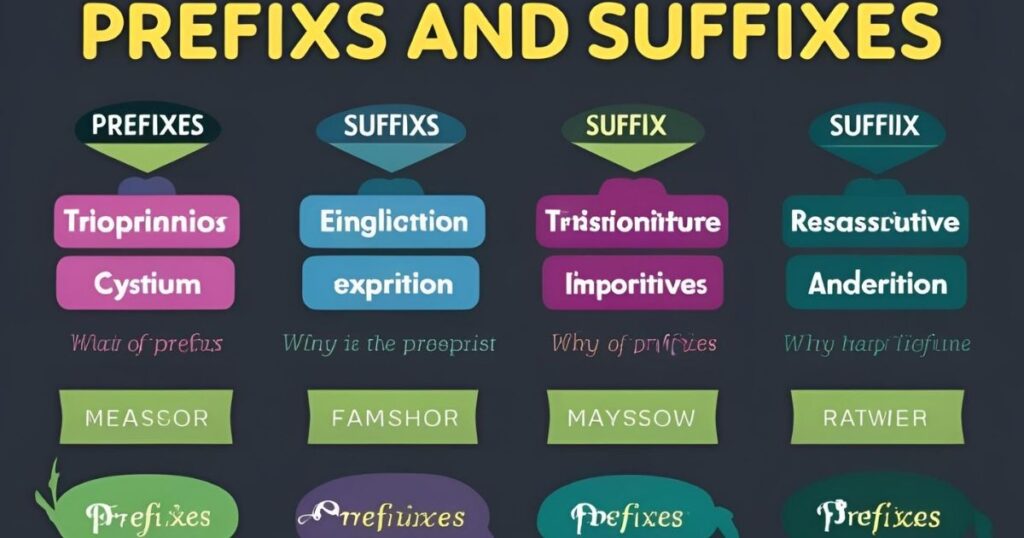
Hyphenation is often used with certain prefixes and suffixes. For example, when a prefix like “self-” or “ex-” is attached to a word, a hyphen is generally required. You also need a hyphen with some suffixes like “-elect” (e.g., “president-elect”) or “-free” (e.g., “latex-free”).There are other examples
- self-esteem
- ex-husband
- re-enter
- anti-inflammatory
- self-assured
- unusual-looking
- pre-existing
- co-worker
- non-profit
- all-inclusive
Note: Many modern prefixes, like re and pre, no longer require hyphens unless clarity is an issue.
Some prefixes and suffixes, though, don’t require hyphens, like “un-” or “re-.” In general, it’s important to know the rules for each prefix and suffix to avoid incorrect hyphenation.
When Not to Use a Hyphen
Now that we’ve covered when to use a hyphen, let’s look at when not to use one. Sometimes, people mistakenly hyphenate words that don’t need it, leading to confusion or awkward phrasing. Examples
well-known author (an author who is well-known)
high-quality materials (materials of high quality)
state-of-the-art design (design that is the most advanced)
part-time job (a job with fewer hours than full-time)
old-fashioned style (style that is no longer in fashion)
With Adverbs Ending in -ly
A common mistake people make is hyphenating adverbs that end in “-ly.” For example, “carefully-written letter” or “beautifully-designed room” are incorrect. You don’t need a hyphen in adverbs ending in “-ly”. The correct form would be “carefully written letter” and “beautifully designed room.”
In Common Compound Words
Some words are commonly written as compound words without a hyphen. For example, terms like “high school” or “ice cream” don’t require hyphens, even though they are technically compound nouns. These have become so familiar and widely accepted that no hyphenation is needed.
With Most Prefixes
In most cases, prefixes like “un-,” “re-,” and “pre-” are not followed by a hyphen. For example, “unhappy” and “replay” do not need hyphens. The only time a hyphen is used with a prefix is when it helps avoid confusion or helps with readability.
With Ages and Numbers Used as Nouns
When writing ages or numbers as nouns, you generally don’t need a hyphen. For example, “She is five years old” and “He is in his twenties” are both correct. However, when these phrases are used as compound modifiers, hyphens are needed. For example, “a five-year-old child” uses hyphens to describe the child.
Etymology of Hyphen
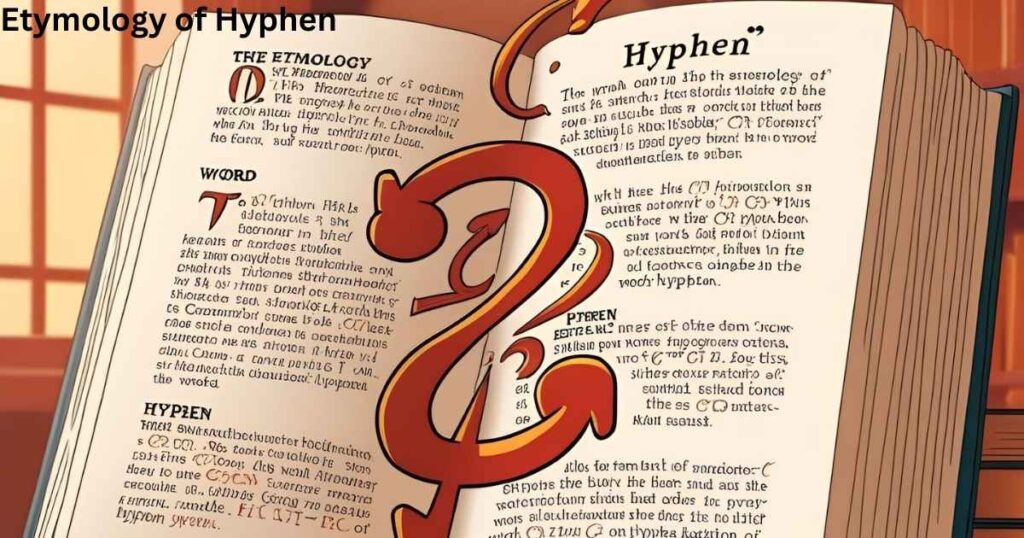
The word “hyphen” comes from the Greek word “hypo” meaning “under” and “hen” meaning “one.” This symbol was originally used in ancient texts to connect words or parts of words, and it eventually evolved into the punctuation mark we use today. In modern English, it helps join words and parts of words to avoid confusion and improve clarity.
Hyphens are an important part of the English language. Understanding when to use them,and when not to,will help you write more clearly and effectively.
Conclusion
Understanding when to use a hyphen is essential for clear and effective writing. By following the simple rules outlined, you can avoid confusion and make your sentences easier to read. Whether it’s for compound adjectives, numbers, or fractions, knowing when to use a hyphen will improve your writing style.
Remember, when to use a hyphen may seem tricky at first, but with practice, it becomes second nature. Always check your work and be mindful of these rules. Mastering when to use a hyphen will ensure your writing is precise and easy to understand. Keep practicing, and it’ll soon feel effortless!

Gramcoachpro is your go-to platform for mastering grammar, writing, and communication skills. If you’re a student, teacher, or content creator, we provide easy-to-understand tips, examples, and tools to improve your language — fast and effectively. Our mission is to make better writing simple and accessible for everyone.

